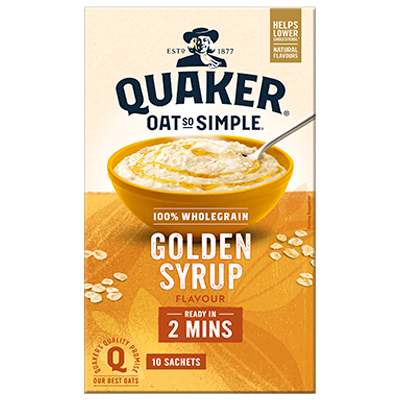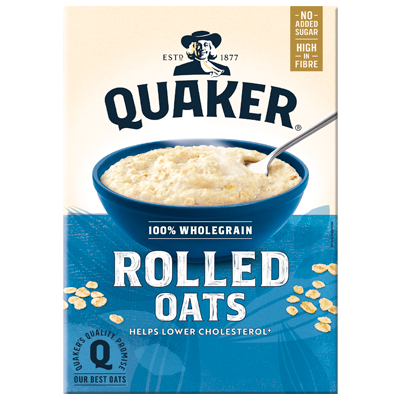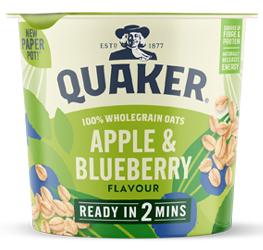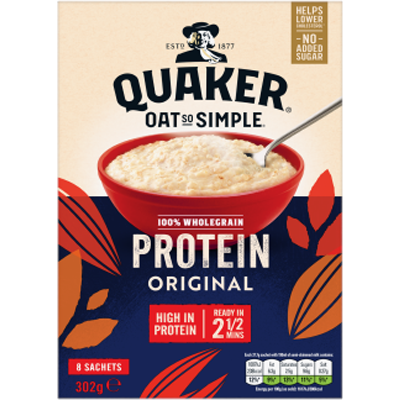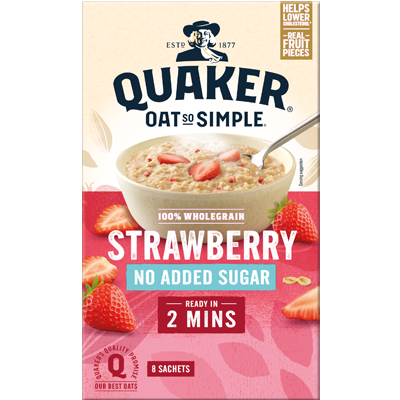Managing Cholesterol
Evidence strongly indicates that the amount of bad cholesterol in your blood is a risk factor for increased risk of Cardiovascular disease (CVD). When you have too much bad cholesterol (LDL) in your blood, it begins to build up on the walls of your arteries through the process of atherosclerosis, which causes your arteries to become narrowed or completely blocked. When this happens, a heart attack or stroke can occur. Other factors such as being overweight, smoking, having diabetes, high blood pressure, poor fitness or a strong family history all affect your risk. Your chances of having CVD are higher when you have more than one of these risk factors.
WHAT CAN YOU DO TO AVOID HIGH CHOLESTEROL?
There are certain risk factors for high cholesterol that cannot be controlled, such as your age and family history. Fortunately, there are several lifestyle changes that you can make that may help reduce your odds of developing high cholesterol, or assist in reducing your cholesterol levels.
HOW CAN YOU CONTROL YOUR CHOLESTEROL LEVELS?
Cholesterol levels may be lowered by making various diet and lifestyle changes. Limit saturated fat to less than 20g per day; saturated fat is typically found in foods like red meat, butter, whole, semi skimmed or skimmed milk and tropical oils such as coconut and palm oil. Instead, opt for healthier fats such as monounsaturated and polyunsaturated fats, which can be found in things like olive oil, rapeseed oil and avocados, but overall, it’s advisable to keep your total fat intake at less than 70g per day. Eating foods rich in omega-3 fatty acids, like fish, can raise HDL cholesterol (good cholesterol) and positively effect overall cholesterol. Soluble fibre is a type of fibre which dissolves water in the gut to form a gel, this soaks up cholesterol and carries it out of the body. Oats, oat bran and barley contain soluble fibre so adding more of these foods to your diet may help to reduce your cholesterol.
TIPS FOR ADDING MORE OATS TO YOUR DIET
Replace crackers or breadcrumbs in meatball recipes with oats. Add oats to your favourite smoothie. Use ground oats as a breading for baked fish and chicken. Substitute oats for up to one-third of the flour in breads, cakes, cookies, or muffins. Make oatmeal pancakes topped with fresh fruit. Make your own oat-based granola. Use oats as the topping for your fresh fruit crisp. Top yoghurt or low-fat ice cream with toasted oats and fresh fruit. Use oats instead of flour as a thickener in soups and stews. If you'd like to try more food ideas like these, visit our Recipe section.
Daily intake of 3g of beta-glucan from oats. Oats beta-glucan has been shown to lower/ reduce blood cholesterol. High cholesterol is a risk factor in the development of coronary heart disease.
